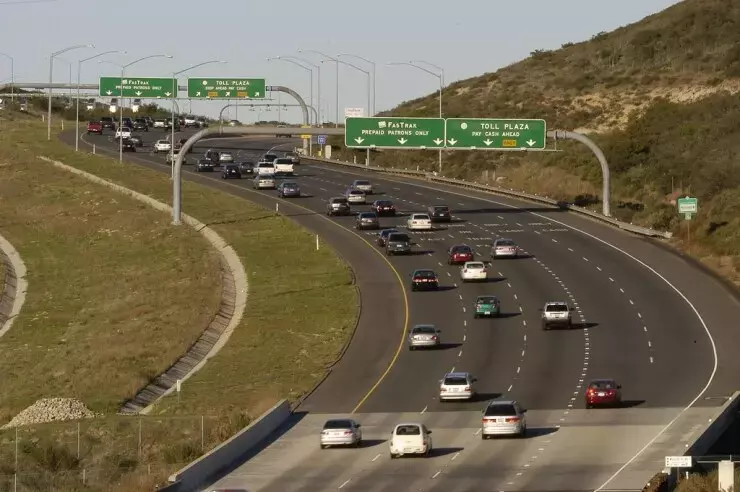



In a strategic move to bolster financial stability and reduce long-term liabilities, the Transportation Corridor Agencies (TCA) of Orange County, California, have successfully prepaid substantial bond debt. The San Joaquin Hills Transportation Corridor Agency (SJHTCA) recently paid off $200 million in junior lien debt ahead of schedule, saving an estimated $203 million in future interest payments. This action is part of a broader initiative by TCA to enhance fiscal responsibility and implement cost-saving measures. Both SJHTCA and the Foothill/Eastern Transportation Corridor Agency (F/ETCA) have been recognized for their prudent financial management, receiving multiple bond upgrades from rating agencies like Fitch Ratings and Moody’s Investors Service. These improvements reflect the agencies' commitment to proactive debt management and operational efficiency.
Achieving Financial Milestones through Strategic Planning
In the heart of Orange County, the SJHTCA made a significant stride toward financial stability by settling $200 million in bond debt early this year. This preemptive repayment was executed using cash reserves, targeting bonds issued in 2014 that were originally set to mature in 2044 and 2049. David Penaloza, board chair of SJHTCA and a member of the Santa Ana City Council, emphasized that this decision underscores the agency's dedication to fiscal prudence. "The early payment affirms our commitment to responsible financial management," he stated.
The TCA oversees two joint powers authorities—SJHTCA and F/ETCA—that are responsible for planning, financing, constructing, and operating over 420 lane miles of toll roads, including routes 73, 133, 241, and 261. In February 2024, Fitch Ratings upgraded F/ETCA’s senior lien bonds from BBB-plus to A-minus and its junior lien bonds from BBB to BBB-plus. Similarly, Moody’s Investors Service elevated F/ETCA’s ratings from Baa2 to Baa1. Analysts attributed these upgrades to the agency's disciplined approach to debt management and robust traffic and revenue performance.
F/ETCA also capitalized on an early paydown opportunity in 2024, retiring $60 million in bonds and saving approximately $54 million in interest. By 2030, TCA aims to repay another $730 million in bonds early, potentially saving an additional $603 million in interest. These actions align with a multi-year plan approved by the board, ensuring both agencies can continue funding operations and capital projects while achieving substantial savings.
In recognition of its financial acumen, F/ETCA received accolades from The Bond Buyer, which named its four-part series of $759.8 million senior lien toll road refunding bonds the Far West Region Deal of the Year in 2021.
From a journalistic perspective, the proactive debt management strategies employed by TCA offer valuable insights into effective fiscal governance. The agencies' ability to balance immediate financial obligations with long-term sustainability serves as a model for other organizations facing similar challenges. Their success highlights the importance of strategic planning and disciplined financial practices in achieving lasting economic benefits.
